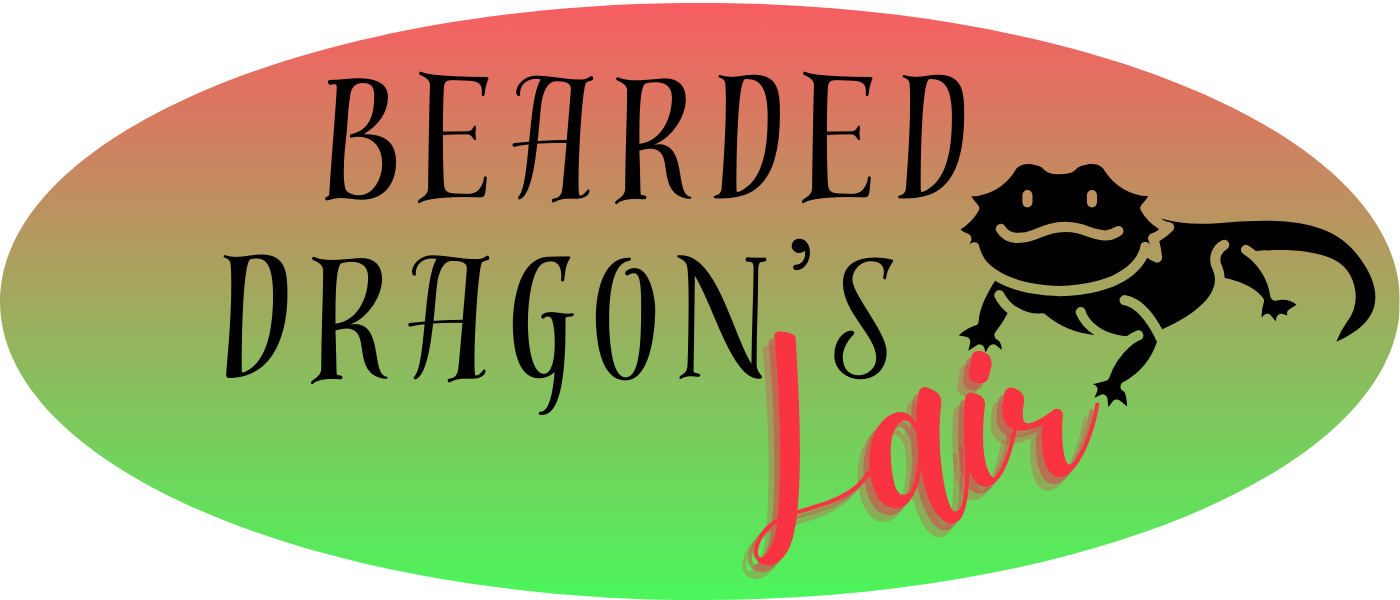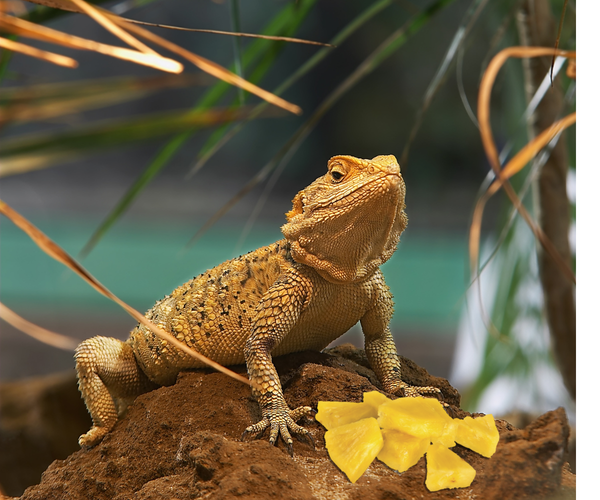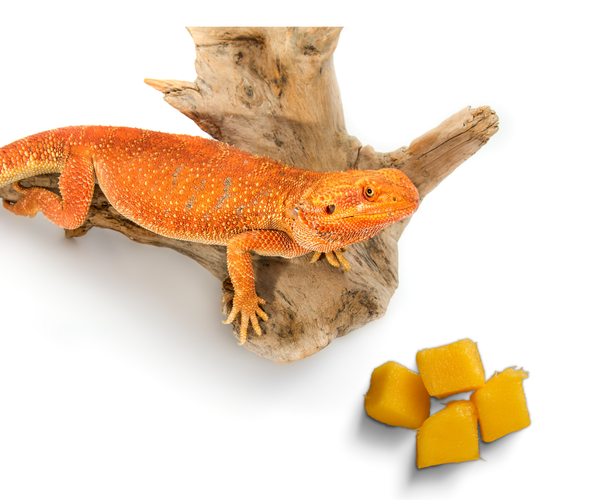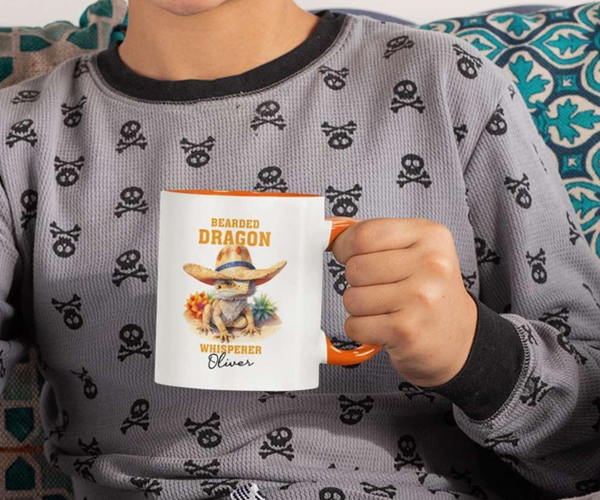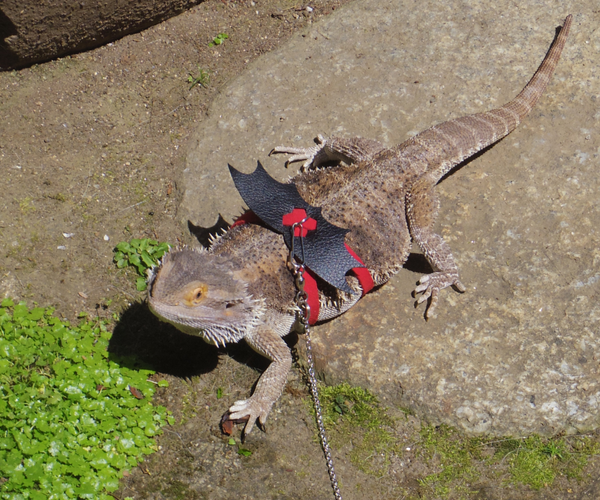Can Bearded Dragons Eat Cilantro?
Cilantro offers nutritional benefits for bearded dragons but should be introduced gradually to avoid digestive issues.
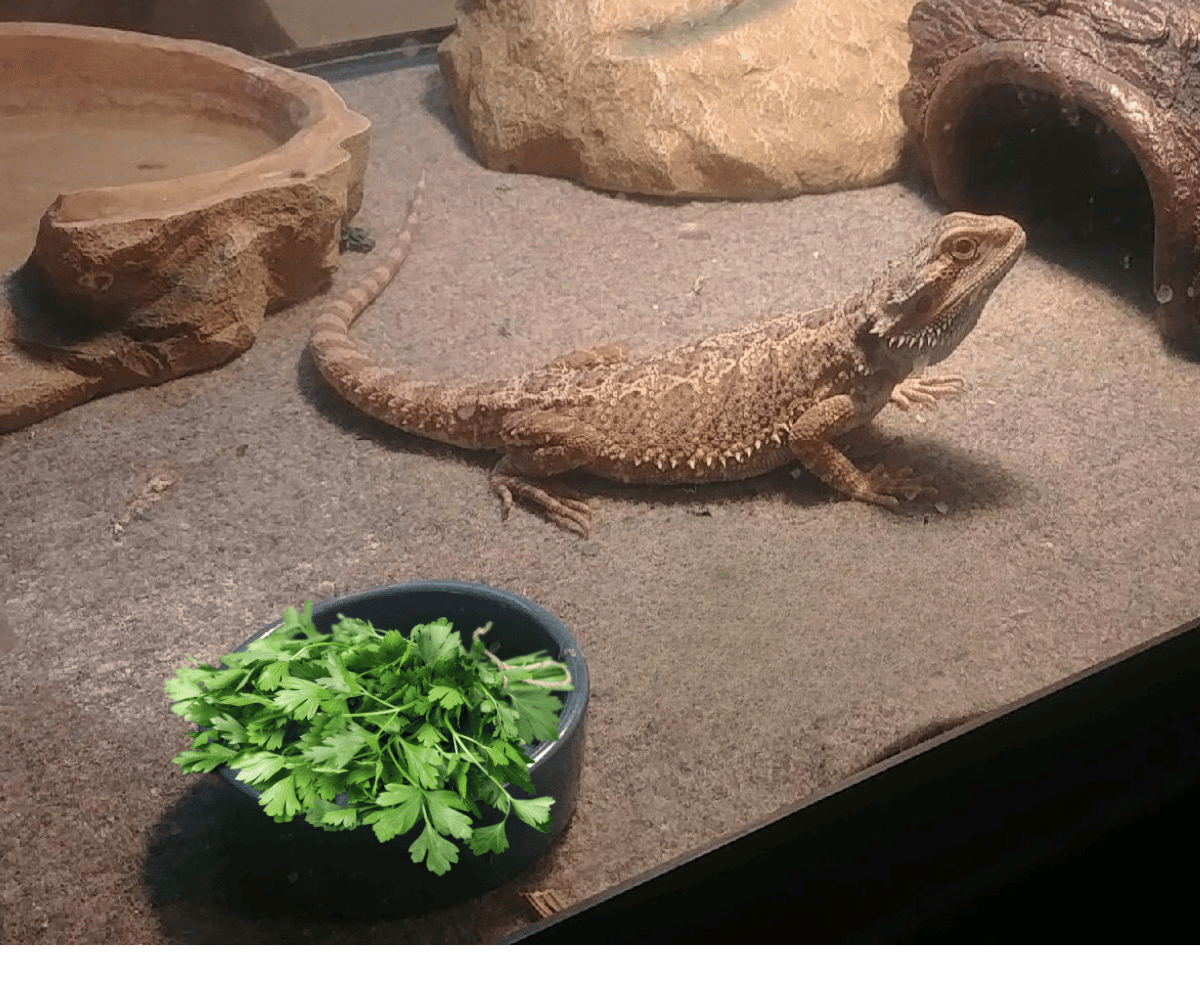
Key Takeaways:
- Bearded dragons can safely consume cilantro in moderation as part of a balanced diet.
- Cilantro offers nutritional benefits for bearded dragons but should be introduced gradually to avoid digestive issues.
- Always ensure cilantro is fresh, washed, and finely chopped before offering it to your bearded dragon.
Cilantro, also known as coriander, is a common herb that's found in many kitchens around the world. Its fresh, citrusy flavor makes it a favorite in a variety of dishes. But when it comes to our scaly friends, particularly bearded dragons, can they enjoy the same flavorful herb as part of their diet? This article delves into the suitability of cilantro for bearded dragons, exploring the benefits and precautions of feeding this herb to your pet lizard.
Understanding Bearded Dragons' Dietary Needs
Bearded dragons are omnivorous creatures, which means they thrive on a diet that includes both plant-based and animal-based foods. In the wild, their diet consists of a variety of insects, vegetables, and occasional fruits. It's crucial for bearded dragon owners to replicate this balanced diet in captivity to ensure their pets remain healthy and active.
Is Cilantro Safe for Bearded Dragons?
When it comes to feeding bearded dragons, owners often wonder about the safety of various fruits, vegetables, and herbs. Cilantro is one such herb that raises questions. The good news is that cilantro is safe for bearded dragons to eat in moderation. It contains vitamins A, C, and K, as well as minerals like potassium and manganese, which can contribute to a bearded dragon's health.
The Nutritional Benefits of Cilantro
Cilantro isn't just a tasty herb; it's also packed with nutrients that can benefit your bearded dragon. Vitamin A is essential for maintaining healthy skin, vision, and immune function, while vitamin C is an antioxidant that helps with tissue repair and enzymatic functions. Vitamin K plays a crucial role in blood clotting and bone metabolism.
How to Introduce Cilantro to Your Bearded Dragon
Introducing new foods to your bearded dragon should be done gradually to avoid digestive issues. Start by offering a small amount of finely chopped cilantro mixed with other staple greens that your bearded dragon is already accustomed to. This will help them get used to the new flavor and texture without overwhelming their system.
The Right Portion Size of Cilantro
Portion control is key when feeding cilantro to your bearded dragon. As a general rule, herbs should only make up a small part of their overall diet. A pinch of cilantro mixed into their salad once or twice a week is sufficient. Overfeeding cilantro can lead to digestive problems and may disrupt the balance of their diet.
Preparing Cilantro for Your Bearded Dragon
Before feeding cilantro to your bearded dragon, it's important to ensure it's clean and safe. Always wash the cilantro thoroughly to remove any pesticides or contaminants. Chop the leaves finely to make it easier for your bearded dragon to eat and digest. Removing the stems is also recommended, as they can be tough and difficult to swallow.
Potential Risks of Feeding Cilantro to Bearded Dragons
While cilantro is generally safe for bearded dragons, there are potential risks associated with feeding it to your pet. Overconsumption can lead to digestive issues due to the herb's high water content. Additionally, cilantro contains oxalates, which can bind to calcium and lead to deficiencies if fed in large quantities.
Other Herbs and Greens to Include in Your Bearded Dragon's Diet
In addition to cilantro, there are several other herbs and greens that can be included in a bearded dragon's diet. These include mustard greens, collard greens, and parsley. Each of these offers its own set of nutrients and should be fed in moderation as part of a varied diet.
Monitoring Your Bearded Dragon's Health
After introducing cilantro or any new food to your bearded dragon's diet, it's important to monitor their health and behavior. Look for signs of digestive distress, such as diarrhea or decreased appetite. If you notice any adverse reactions, discontinue feeding the new food and consult with a veterinarian.
Frequently Asked Questions About Bearded Dragons and Cilantro
- Can bearded dragons eat cilantro stems? While bearded dragons can technically eat cilantro stems, it's best to remove them as they can be tough and difficult to digest. Stick to feeding the leaves, which are softer and more nutrient-dense.
- How often can I feed cilantro to my bearded dragon? Cilantro should be fed in moderation, no more than once or twice a week. It should be a small part of a varied diet that includes other greens and vegetables.
- What should I do if my bearded dragon doesn't like cilantro? If your bearded dragon doesn't seem interested in cilantro, don't worry. Just like humans, bearded dragons have their own taste preferences. Offer other greens and herbs to ensure they get a balanced diet.
Summary
Cilantro can be a healthy addition to your bearded dragon's diet when fed in moderation. It provides essential vitamins and minerals that can contribute to their overall well-being. Always introduce new foods gradually and in small amounts to avoid digestive issues. By monitoring your pet's health and offering a variety of foods, you can ensure that your bearded dragon enjoys a balanced and nutritious diet. Remember to consult with a veterinarian if you have any concerns about your bearded dragon's diet or health.
